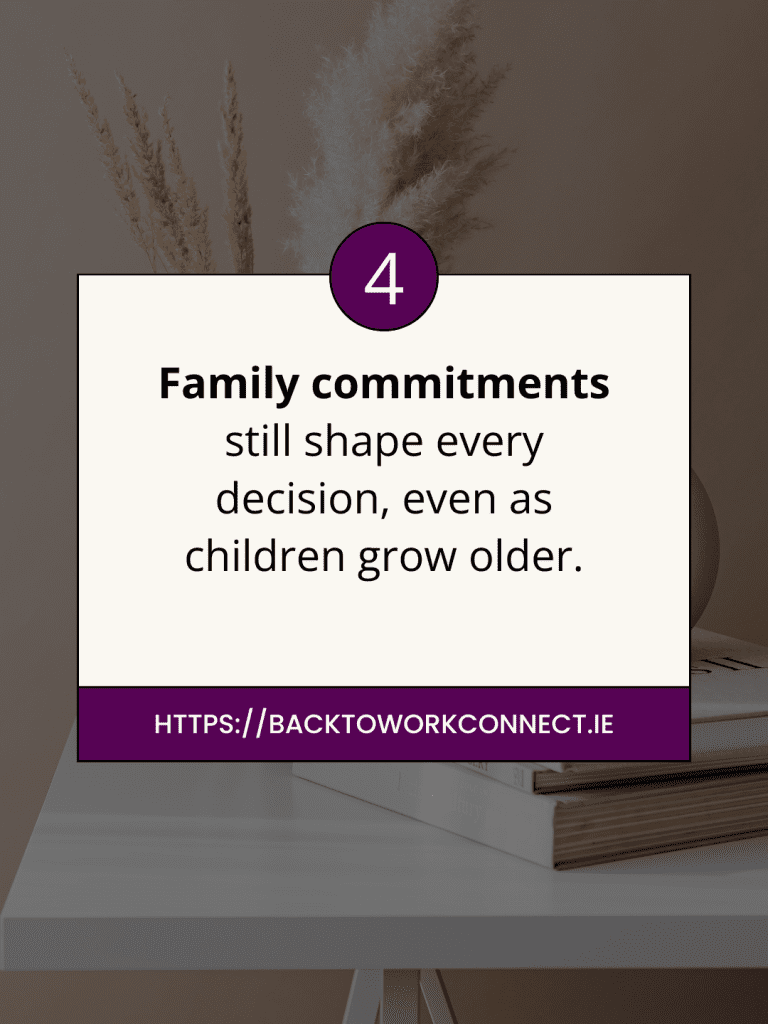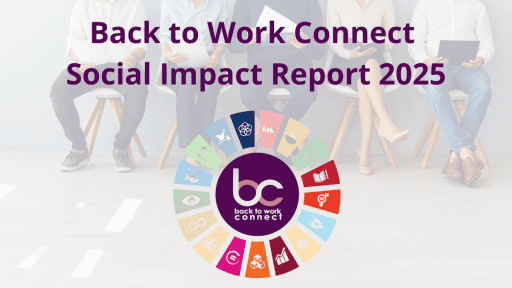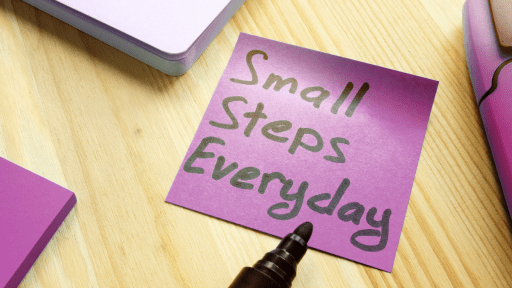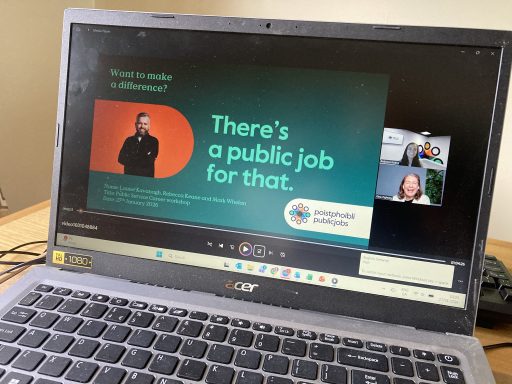The Real Fears Behind Ireland’s Return-to-Work Journey
When we ask people what excites them about returning to work, we hear energy, ambition, and a hunger to contribute again.
But when we ask what worries them, we get something just as important: the truth employers need to pay attention to.
In our latest Back To Work Connect survey, Question 9 explored one deceptively simple prompt:
“What worries you most about returning?”
The answers paint a clear picture of the emotional and practical barriers midlife returners face — and the opportunities employers have to support them.
1. Age: The Most Common Concern
Age came through as the biggest fear by far.
Returners told us they’re unsure whether their experience will be valued or whether they’ll be viewed as “past their prime” before they even start.
This isn’t just a personal worry — it’s a systemic one. When employers overlook midlife workers, they lose out on judgement, reliability, and hard-won skills that only time can build.

2. Confidence: A Quiet Battle for Many
Long breaks, personal upheavals, caregiving, illness, or simply being out of the loop have taken a toll on people’s confidence.
Returners worry they won’t measure up, even when they have years of expertise to offer.
Confidence doesn’t reflect capability — it reflects opportunity. And the quickest way to rebuild it is through employers who create space, not pressure.
3. Skills and Technology Gaps
Many respondents named skills — especially digital skills — as a major source of anxiety.
They worry the workplace has moved on without them, or that they won’t pick things up fast enough.
Yet returners consistently show that once given the chance, they upskill quickly. What they need is a supportive path back in.
4. Family Commitments Are Still a Factor
Even as children grow older, returners still juggle complex family responsibilities: school hours, care needs, health appointments, and unpredictable demands.
Flexibility isn’t a luxury for this group — it’s the hinge that determines whether returning is possible at all.

5. Bias, Gaps, and the Weight of Past Experiences
A number of respondents voiced fears around being judged for their career break, their age, or the circumstances that took them out of the workforce.
Some also worry about references, particularly if past roles ended during difficult times.
These concerns remind us that returners don’t just need training — they need fairness, understanding, and employers willing to look at the full person, not just the CV.
What This Means for Employers
The message is clear: returners are ready, but the pathway back isn’t simple.
Their worries are real, but they’re also solvable — and addressing them unlocks a powerhouse of talent.
Employers who want to attract returners in 2025 should consider:
• Bias-free hiring practices
• Flexible working models
• Skills refresh and onboarding support
• Clear communication around expectations
• Genuine openness to non-linear career paths
Every one of these steps signals, “We see your value.”
Moving Forward
Behind every worry in Question 9 is someone who wants to work, contribute, and reclaim their place in the world of work.
When employers meet those worries with understanding instead of judgement, returners don’t just rejoin the workforce — they thrive in it.
If your organisation is ready to embrace returners in 2025, the opportunity is wide open — and the talent is right in front of you.
For more information and supports on creating a Returner Friendly recruitment process reach out to our team at info@backtoworkconnect.ie
Keep up to date with the latest Returner Friendly employers, upskilling & retraining opportunities by joining our platform HERE
Sign up to our newsletter & job alert today and never miss the ideal opportunity again ! Sign up HERE
If you would like to take part in this survey you can do so via the link below. The survey is anonymous, only takes a couple of minutes, and your insights will directly shape resources and opportunities for future Returners. There are no right or wrong answers — we’re simply interested in your perspective.
Your voice matters. Thank you for sharing it.





